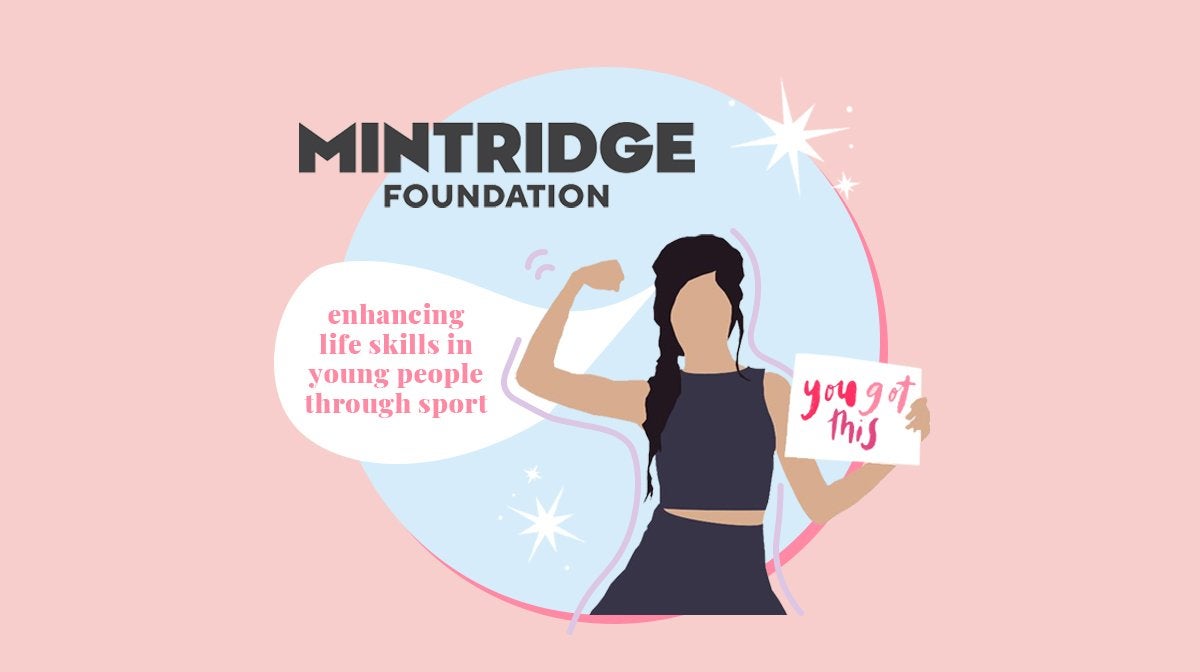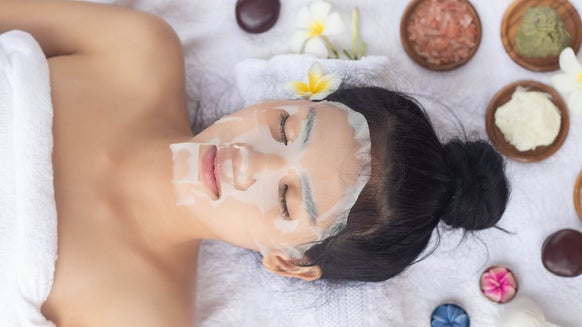#nofilter: Why Sport Can Improve Your Mental Health

I think we can all agree that 2020 hasn’t gone down the way any of us were expecting.
Sport Can Improve Your Mental Health
Now, I don’t mean running a marathon in your back
It is ok to feel ok, just as it is ok to not feel ok.
“
How Sport Improv e s Your Mental Health
Reduc ing Stress
The pandemic has affected us all in different ways. Whether you've had to cope with the stress of being furloughed and faced financial difficulties, or you’ve had to home school your children whilst balancing your own work, it’s been a challenging time. Not only can exercise relieve some of that stress by releasing endorphins, but it gives you the chance to escape and clear your head too.
Managing Depression And Anxiety
Whether you’ve been unable to meet up with friends or have had to stay away from relatives you would otherwise see regularly because of coronavirus, this pandemic can leave you feeling isolated and low. Exercise, however, has been described as a ‘wonder drug’ in preventing and managing mental health.
Improv ing Your Mood
After weeks of lockdown and restrictions only easing very slowly, it’s easy to start to feel down. Exercise, though, can help to boost your mood, leaving you feeling happier, calmer and more awake.
Increas ing Your Self-Esteem
From comparing ourselves to our productive neighbour to putting on lockdown weight, there are lots of factors that can affect our self-esteem during these strange times. Again, exercise can make you feel better about yourself and improve your sense of self-worth.
Staying Active With The Mintridge Foundation
When it comes to using sport to cope with stress, the Mintridge Foundation offer an array of fun active challenges for all ages. You could:
Do a core workout with ex England Netball Captain Pamela Cookey Practice your tennis skills with professional tennis player Jade Windley Complete an athletics-based PE lesson with British Paralympic athlete Laura Sugar
As Alex commented: “I have welcomed the re-opening of tennis clubs with open arms. As a very competitive person, the buzz and the excitement is a significant factor in my positive wellbeing. Equally, I thrive on the social aspect of sport. As I have now been working from home much more than I am used to, I really cherish the time that I get others. Sport is a great leveller!”.
You can also take part in two virtual fundraisers for the Mintrdige Foundation and donate as little as £2.62. You can find out more about both of these
About The Mintridge Foundation
Established in 2015 by Alex Wallace, the Mintridge Foundation works with professional athletes to deliver mentoring programs in schools.
“At Mintridge, we support teenage girls (usually aged 13 to 15) and offer them the support they need to stay involved in sport. Our ambassadors (a collective of 39 professional athletes) go into schools and mentor these young girls. They share their own experiences and struggles, showing them how to look after their mental health. It can really boost these girls’ confidence and self-esteem.”
Teenage girls already struggle so much. Sport should be a way of relieving stress, not enhancing it.
“When I was a teenager, I played competitive hockey with the ambition of qualifying for the England team. At 16, however, I wasn’t selected at trials. Though I had an encouraging support system, none of them had ever played competitive sport and couldn’t relate to my sense of failure. I fell out of love with the sport and struggled with my sense of identity. Who was I if not Alex the hockey player?
I founded the Mintridge Foundation so that other girls wouldn’t have to have that painful experience. When things don’t go to plan, they have a professional athlete to turn to and get advice from. Having direct access to someone who can relate to their experience can really boost their self-esteem. It also makes their dreams more attainable. When they meet these pros, the girls can imagine themselves in their shoes.
Of course, we also work on the flipside. If a young girl decides that her sport is affecting her mental health and causing her to be unhappy, we help her transition towards a new sport. The most important thing is that these girls stay active throughout their teenage years and are happy."
You can find out more about the Mintridge
#nofilter
Since the start of 2020, we’ve been openly talking about issues that women face every day








